That being said, the Internet of Things can create a totally new world, where the real, the digital and the virtual converge and are connected to each other, establishing new synergies that can totally transform our way of thinking about transportation, communication and ultimately our daily life.
The potential benefits of the Internet of Things are becoming increasingly obvious nowadays.
The possible applications of its technologies could be countless and its achievement could really change the way we work and live, allowing us to save time, resources and open new opportunities for growth, innovation and increased knowledge.
The Internet of Things has great potential for private and public companies as well, as it will be easier to perfect their asset management, to optimize and maximize performances and to develop new business models.
Which is the goal of IoT?
The Internet of Things can provide countless new business processes. With software that can connect at anytime and in anyplace with compatible systems and exchange vital information and data, distribution, transportation, logistics and service businesses may even see their current internal processes become instantly more efficient and profitable at lower costs.
What about IoT in the cleaning sector?
Despite the Internet of Things, various applications have encountered skepticism within the cleaning sector, which has been reluctant to embrace and work with the innovations that this technology provides, today contract cleaning companies recognize the benefits delivered by the integration of information coming from hardware, software, processed data and electronic systems.
It is a fact that sensors have been reduced in size, connectivity is cheaper, and consequently can easily be installed. Most importantly they can be customized according to the companies and operators’ specific requirements, the final aim still being to keep facilities cleaner, healthier, safer and more sustainable at lower operational costs.
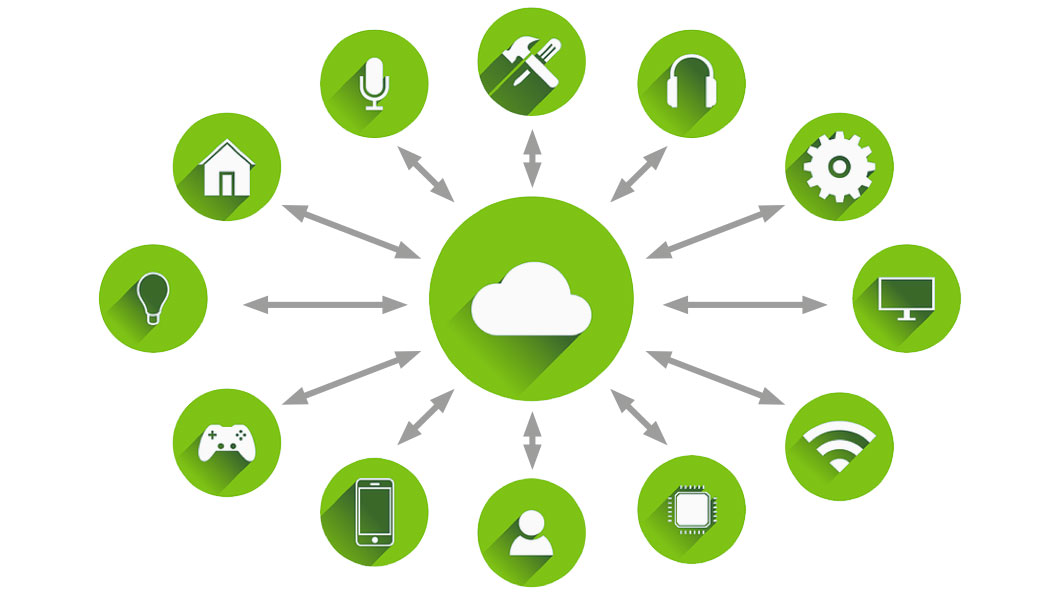
IoT different applications
With the diverse range of connectivity, the cleaning sector can take advantage of this technology to increase productivity and efficiency, keeping costs under an improved control.
Waste and recycling collection systems, for example, driven by solar energy, can now provide instant information about bins being full and collect records of their previous status.
Connected systems can monitor the status and usage of cleaner dispensers in real time, preventing them from running out of soap/detergent and at the same time advise on the general performance status of equipment, in order to plan maintenance in a more effective way.
AMRs, (Autonomous Mobile Robots) can store thousands of computerized visual data to perform both planned and reactive floor cleaning tasks, thus reducing human weak spots and costs, but still ensuring excellent cleaning performances.
It is the fleet management systems stemming from IoT technology which is giving companies within the cleaning sector the best tools and benefits.
The fleet management system basically uses IoT technology to communicate via any internet-connected devices – smartphone, tablet or pc – the position/location of each single machine or of the entire fleet, their usage history, their current performance status (battery cycles, energy absorption, motor consumption and working hours), and with real time information managing your fleet becomes a much simpler task.
With IPC Telematic, for instance, the remote management of the fleet becomes a reality, and a complete range of dashboards lets operators control each and every important working parameter of the machines.
What are the benefits of IPC Telematic? Efficiency, because of a direct, real-time control over the brush, the vacuum and traction motor performances; higher quality of the job, because it is done well the first time; savings, because the use of water, detergent and energy are optimized.
IOT and the Future
The technologies coming from the Internet of Things will definitely support the growth of many industrial activities worldwide. Automation, use of renewable energies and of sustainable technologies will be keywords in its development, for smarter and more sustainable communities and infrastructures.
However we must also be aware of security issues to which the internet is subject: will that be the next challenge that IoT will have to face?


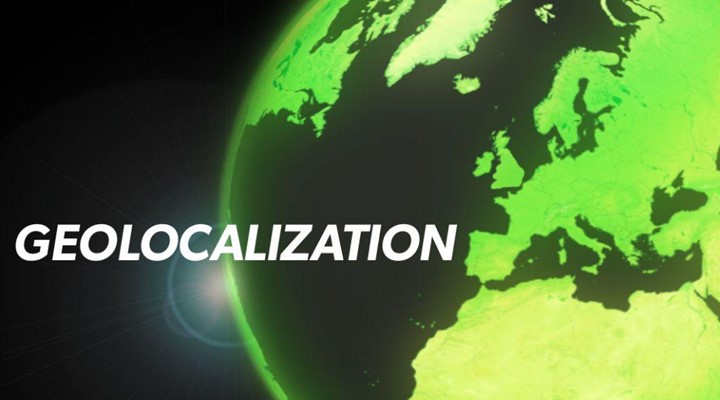
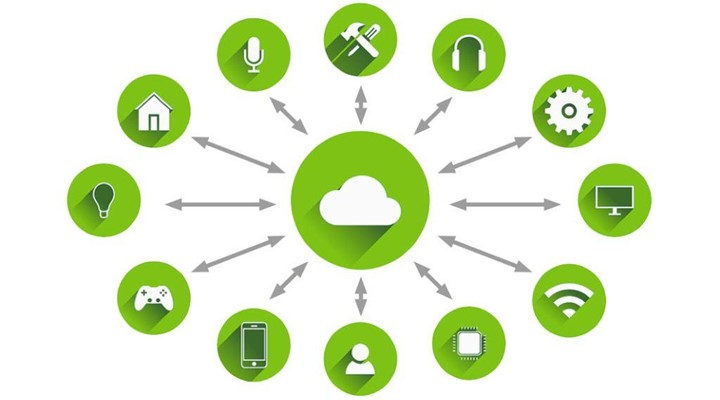

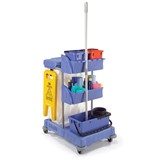
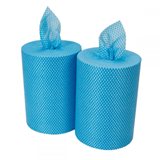
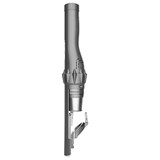
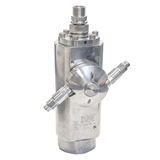
-160x160-state_article-rel-cat.png)


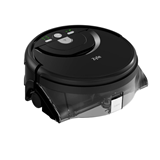
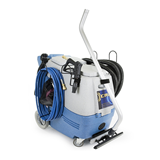
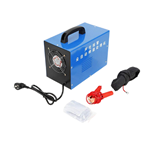
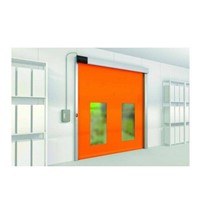
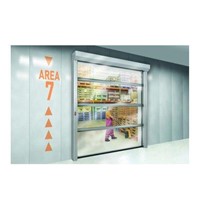
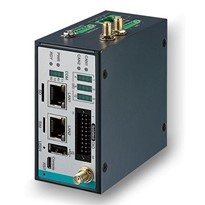
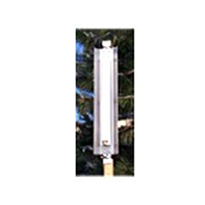
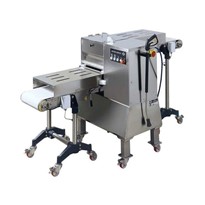

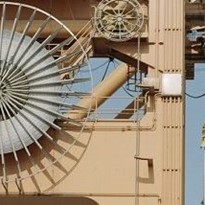


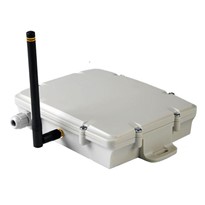
-205x205.jpg)